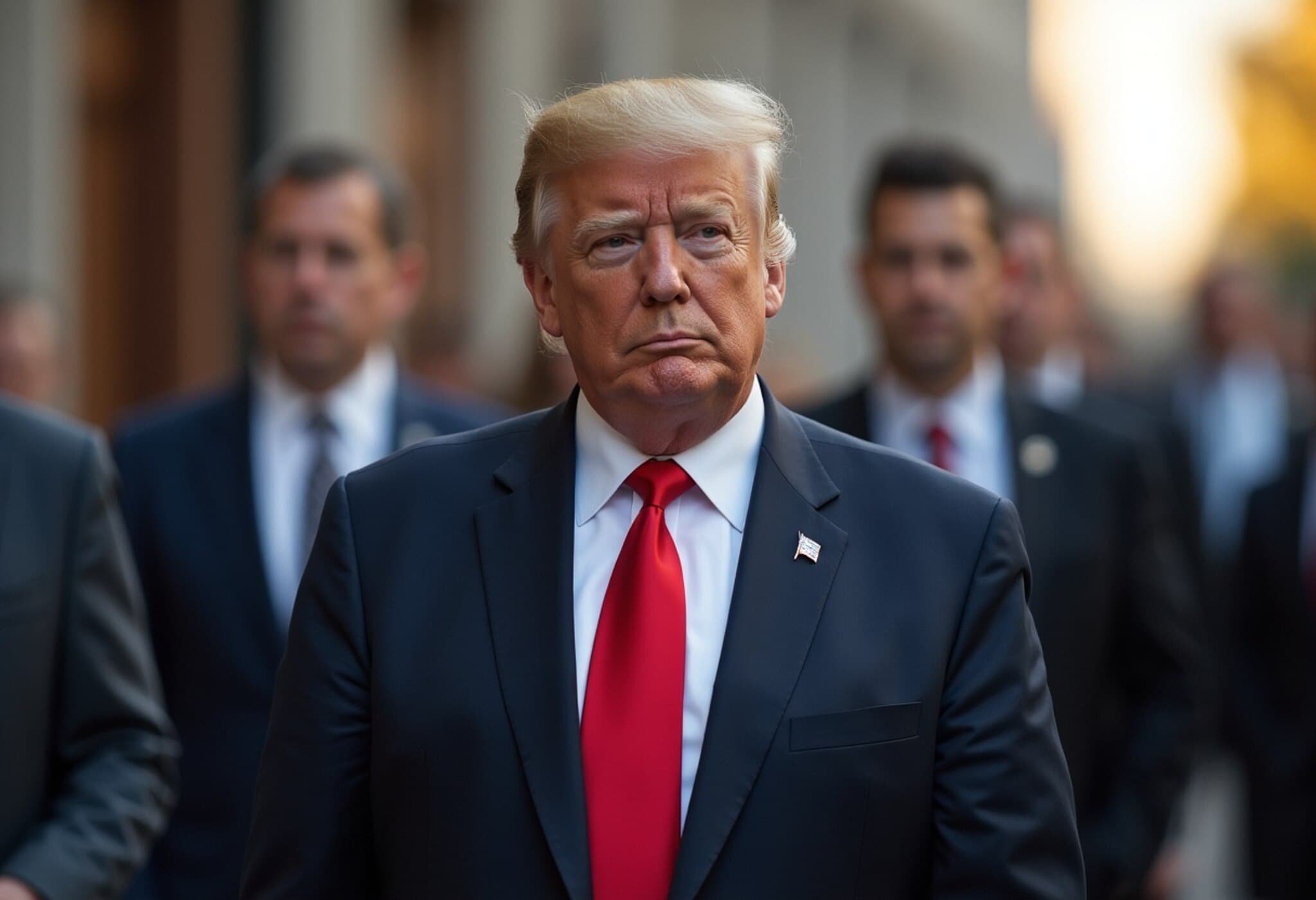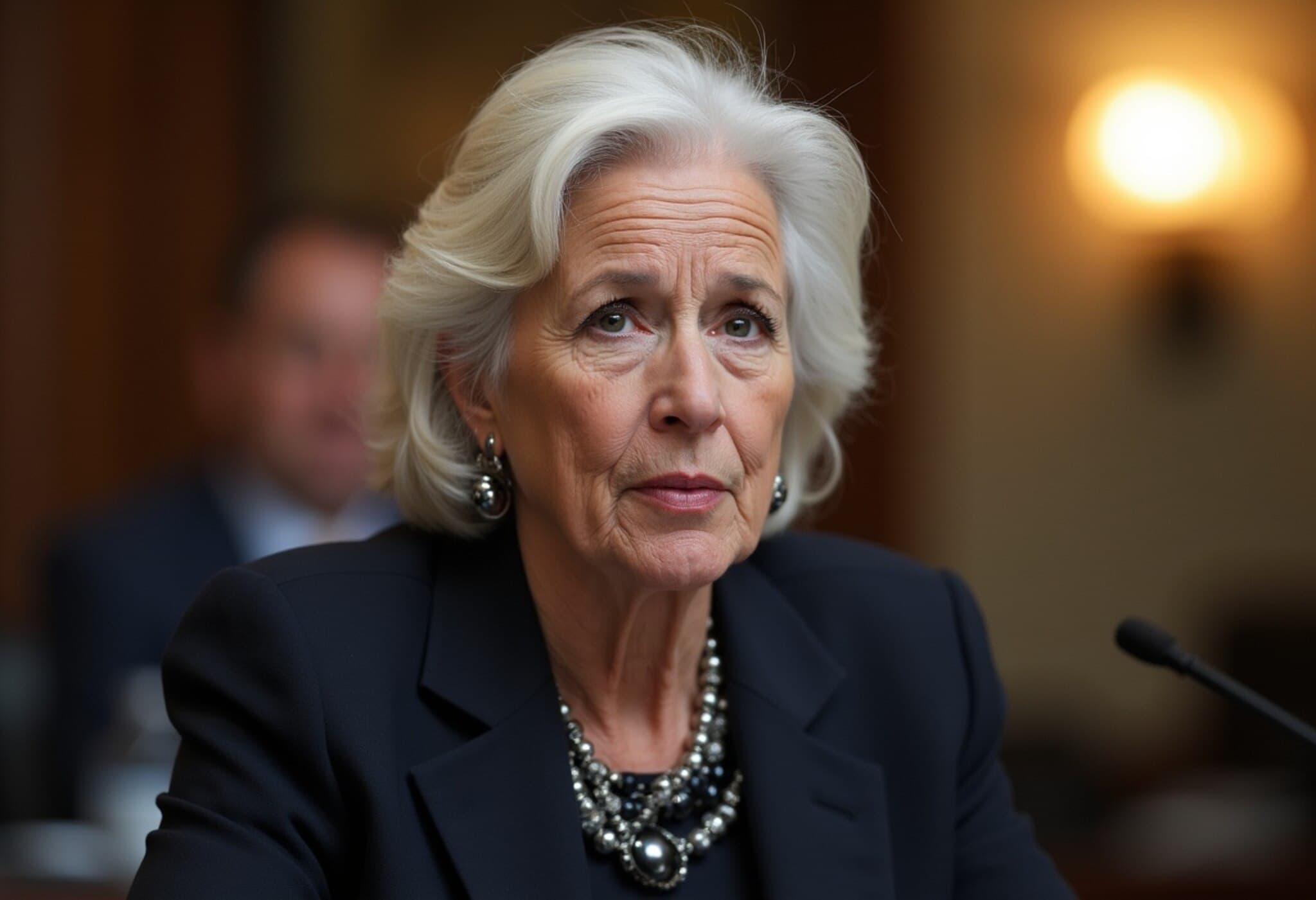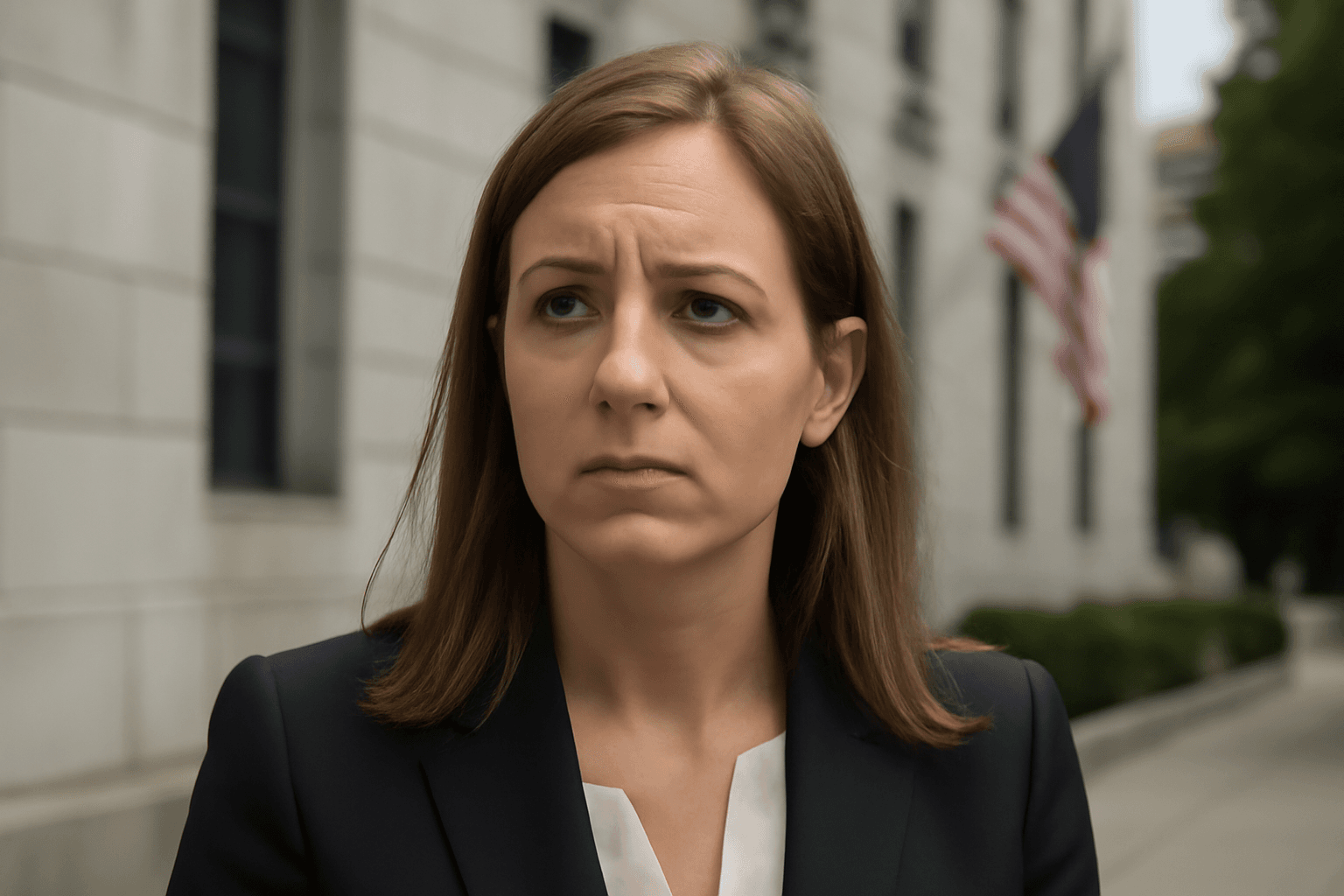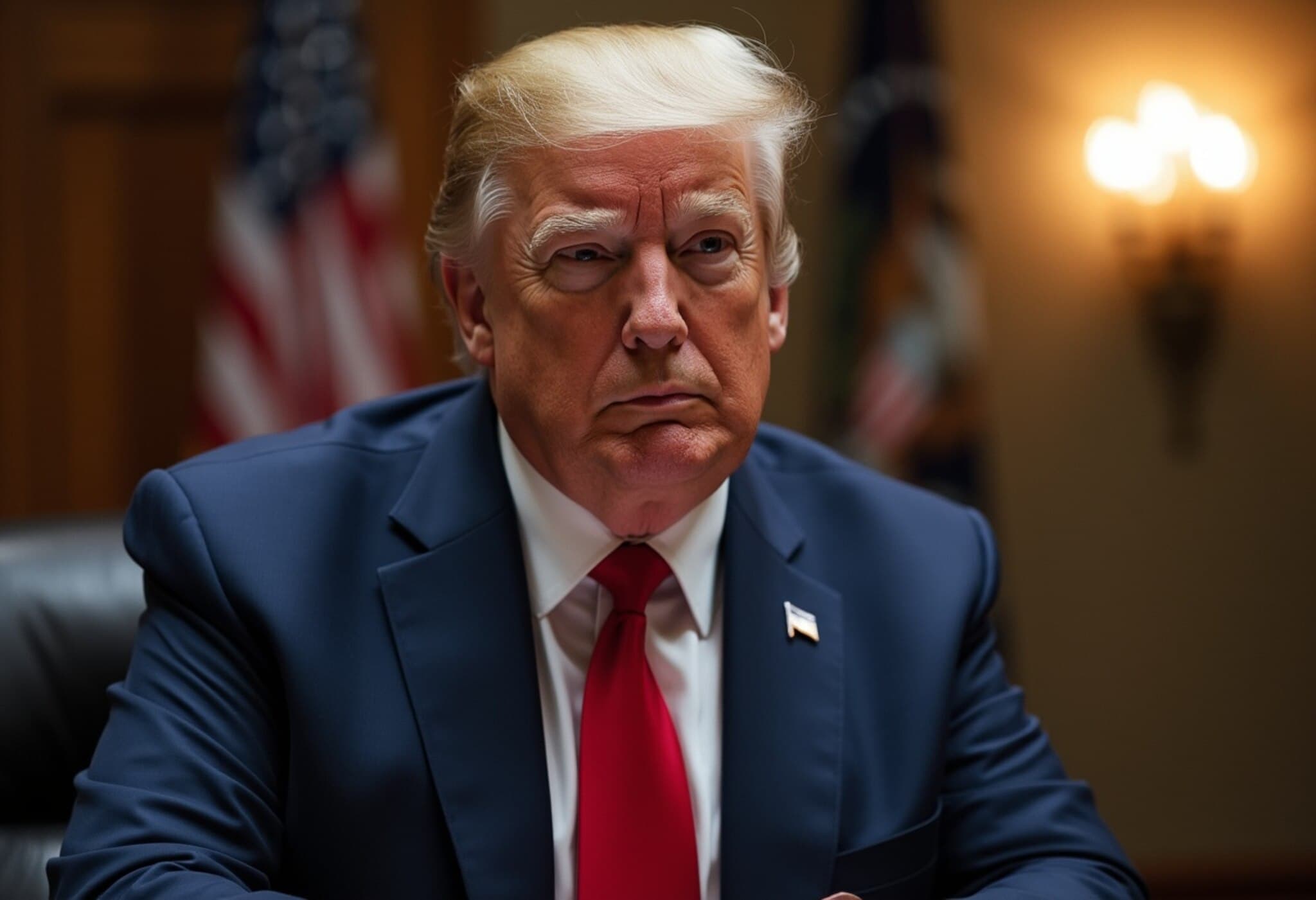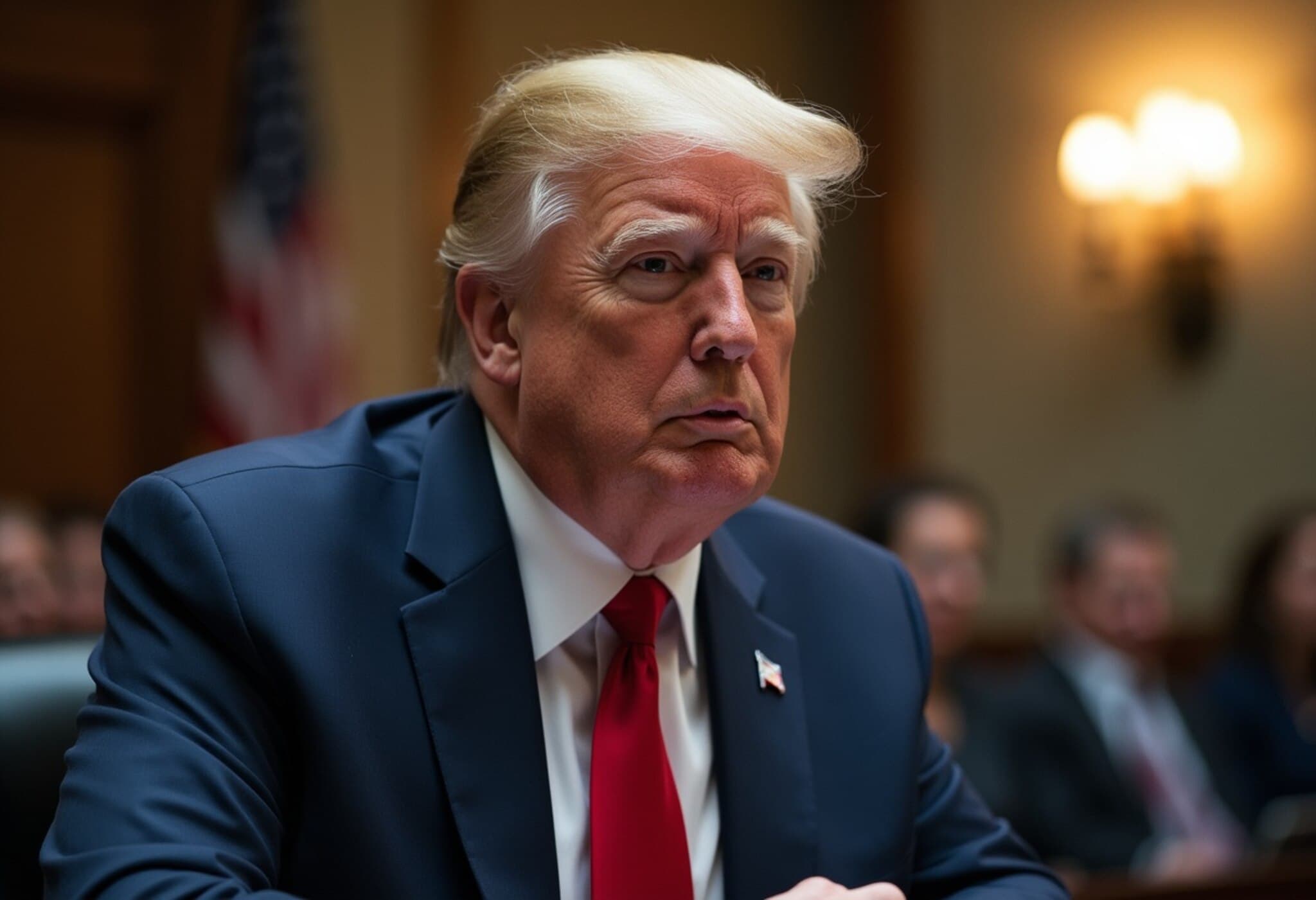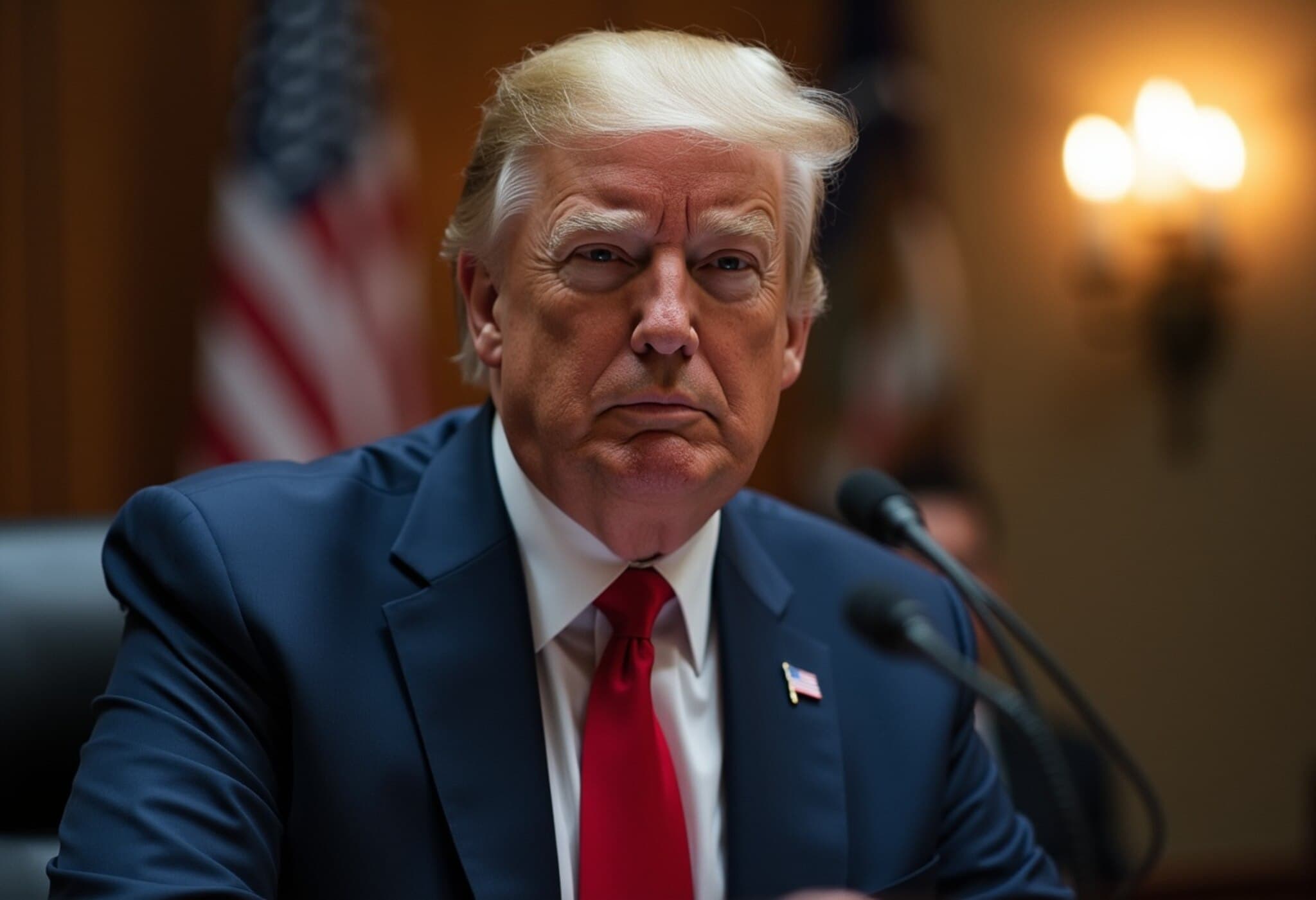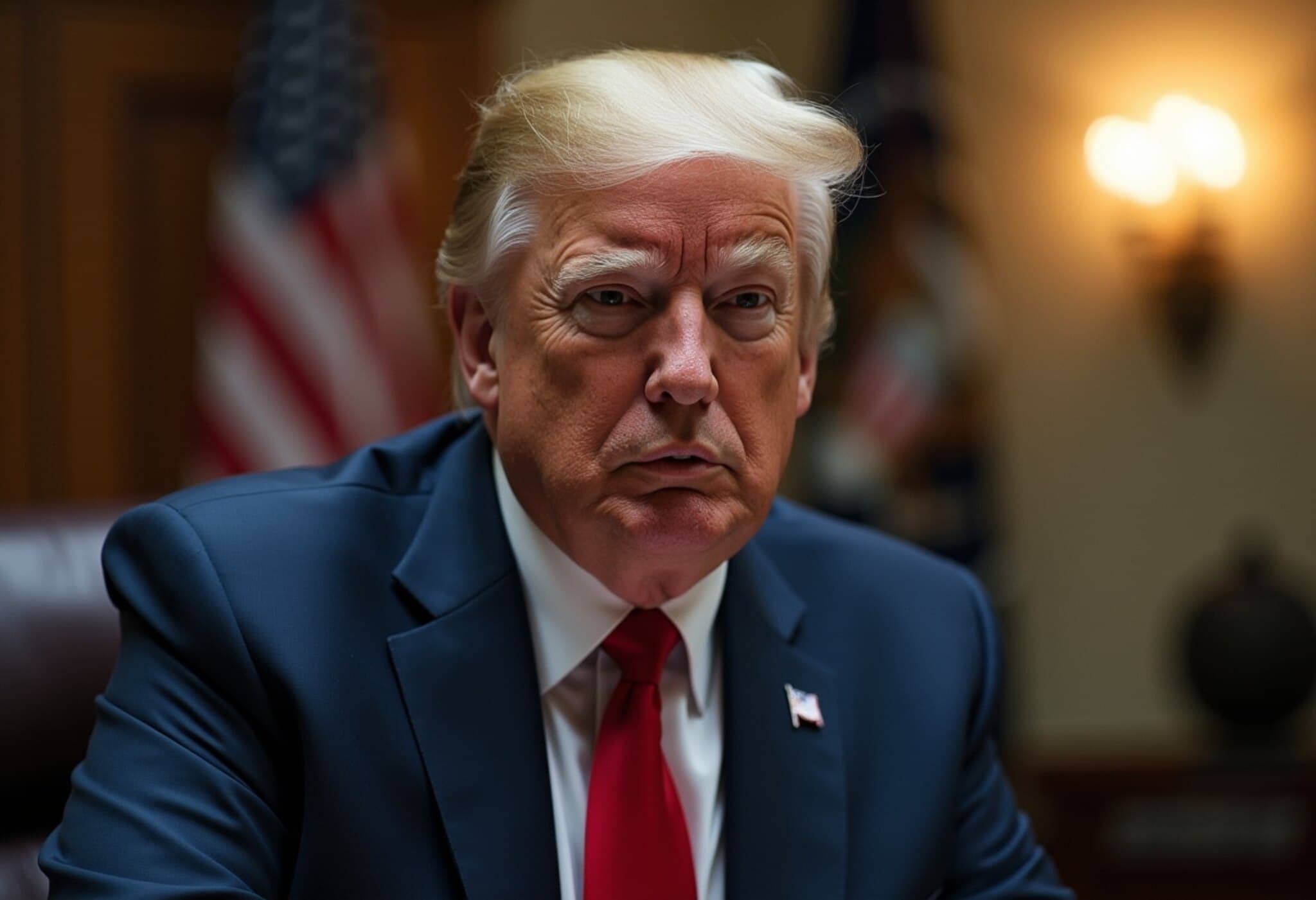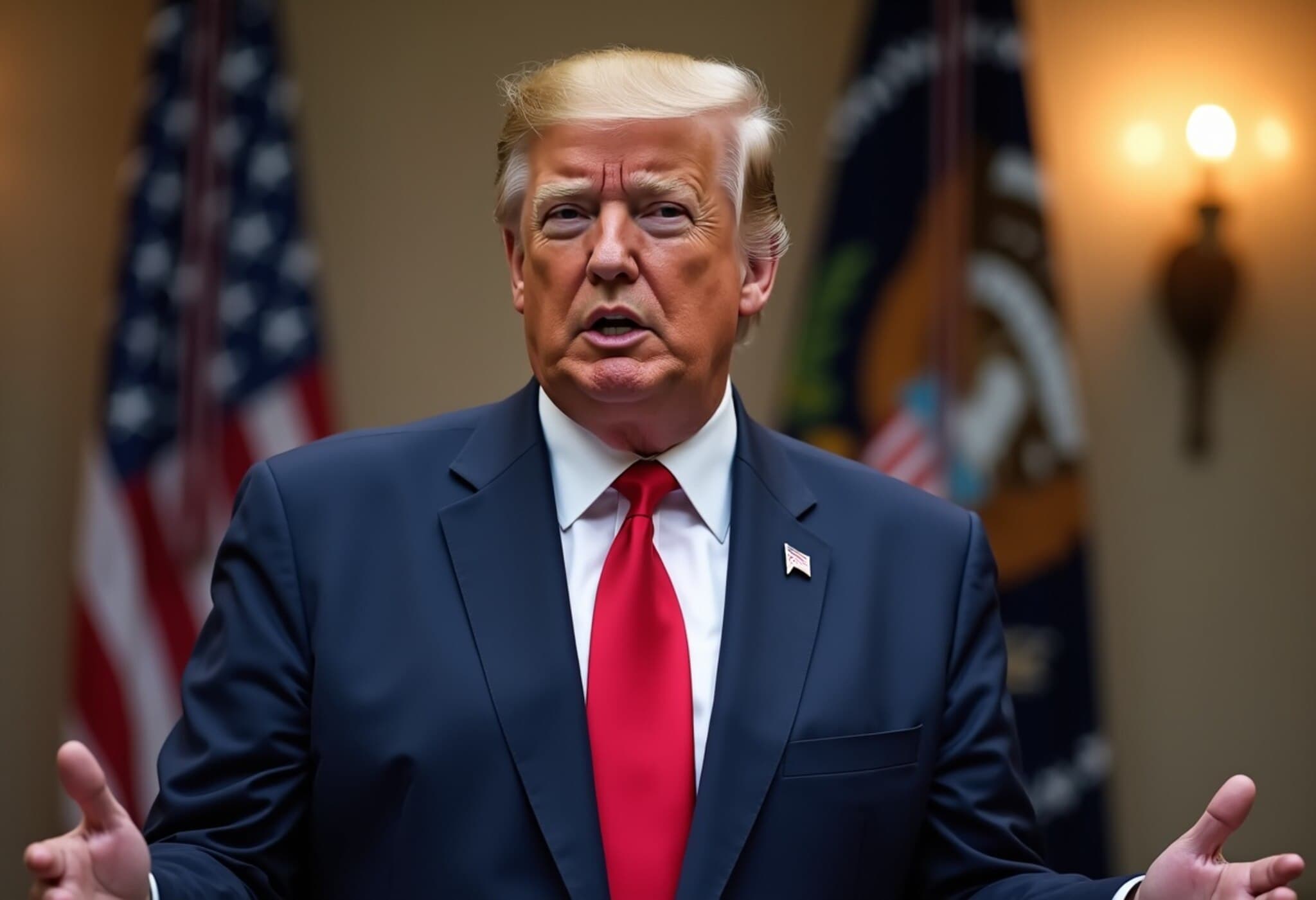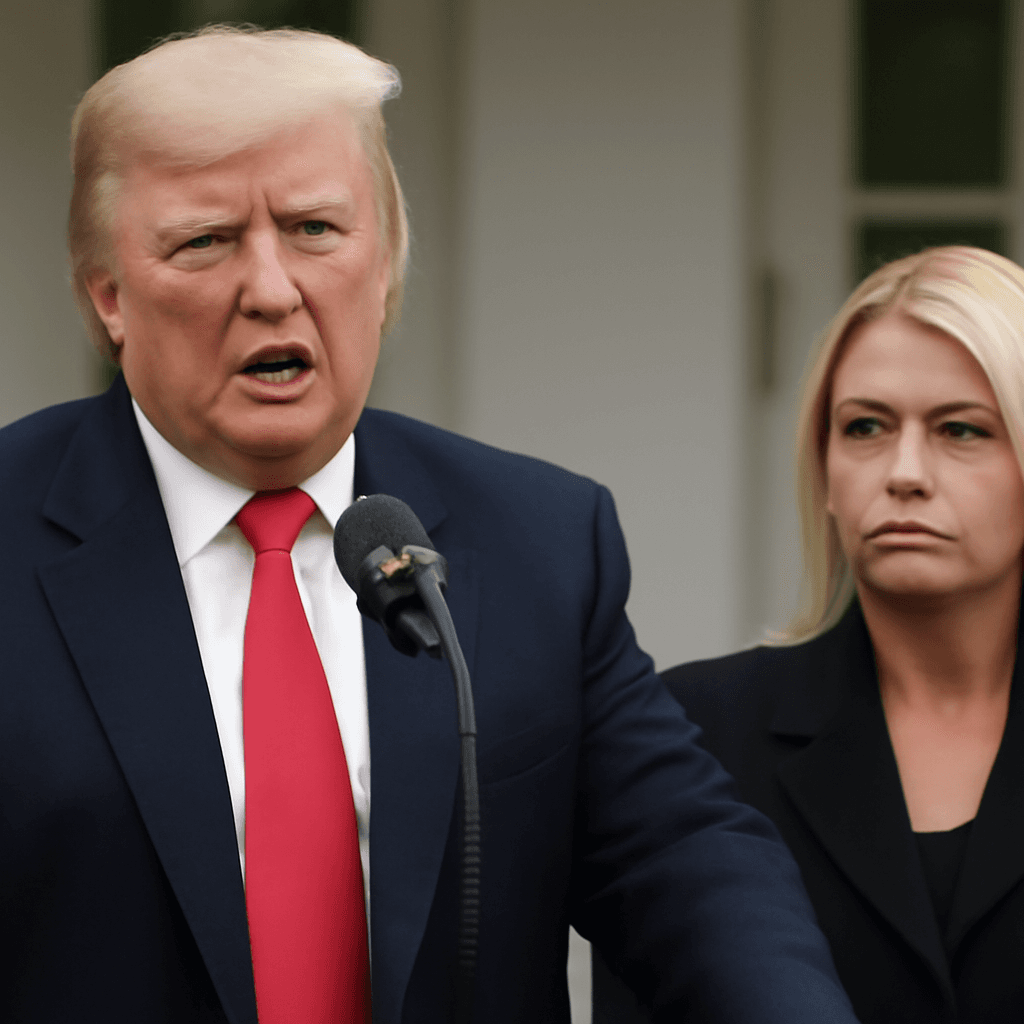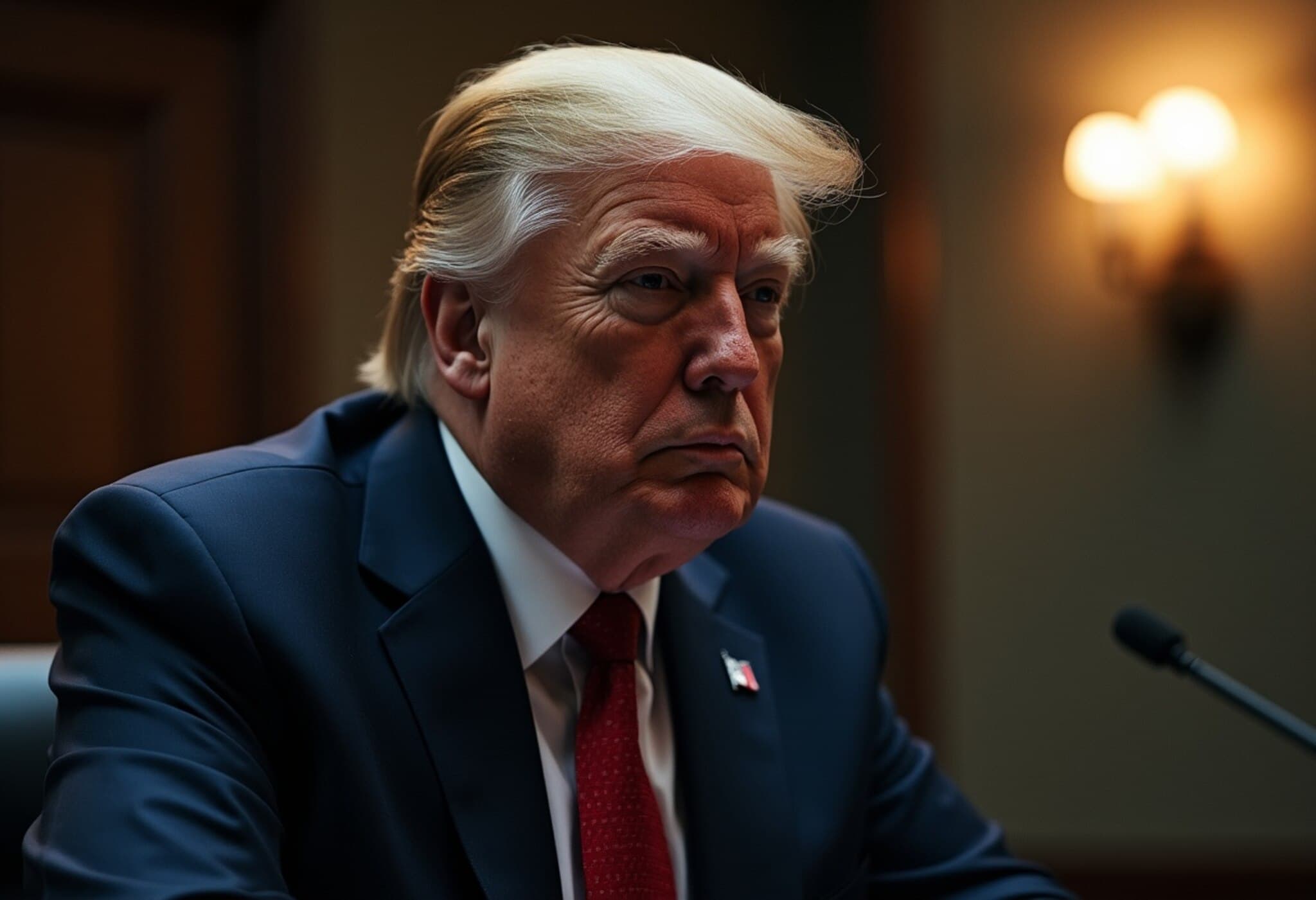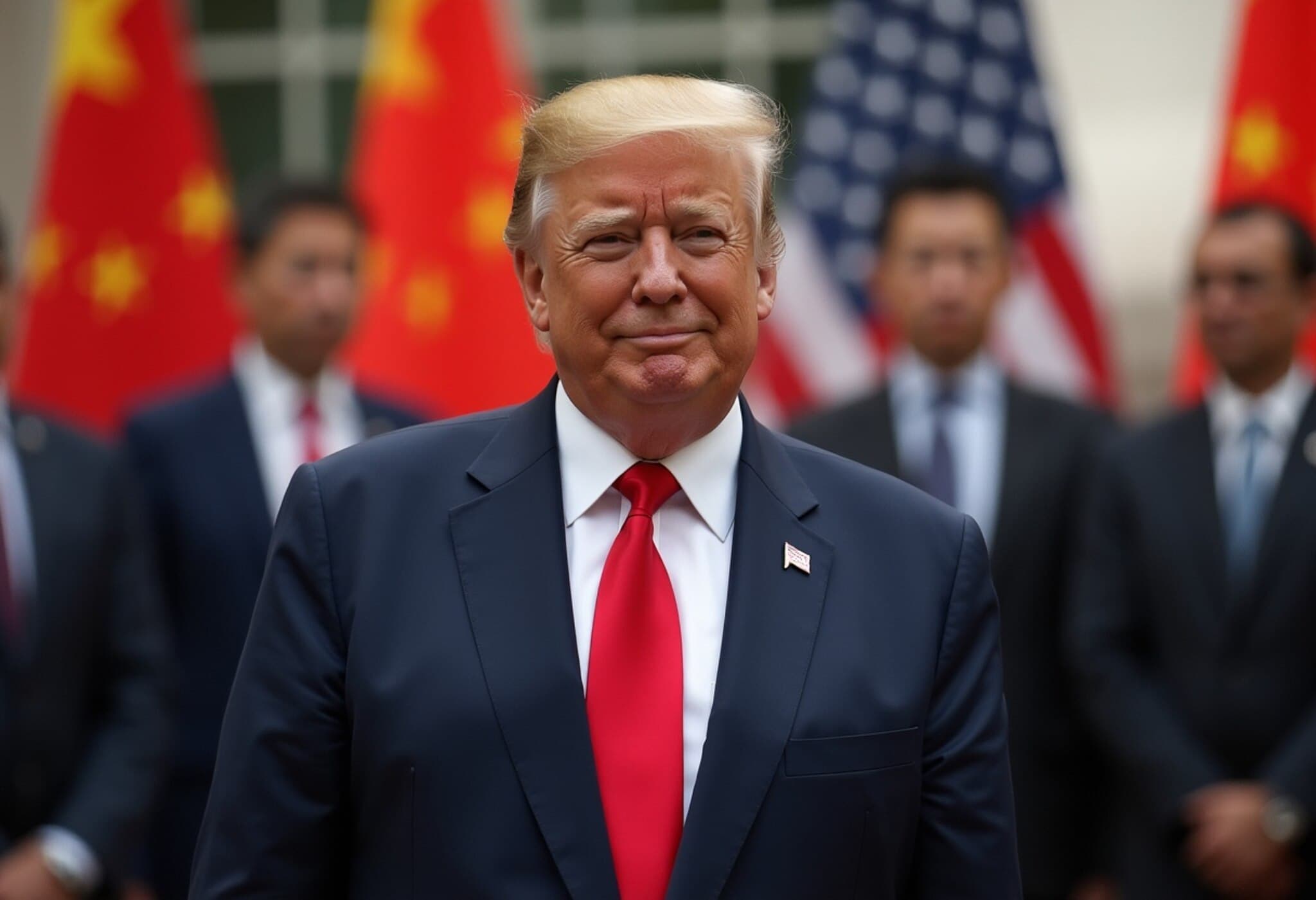Maurene Comey Dismissed by US Justice Department
The US Justice Department has recently terminated Maurene Comey, a federal prosecutor recognized for her critical role in high-profile cases involving Jeffrey Epstein’s associate Ghislaine Maxwell and music mogul Sean “Diddy” Combs. Maurene Comey is notably the daughter of former FBI Director James Comey, who himself remains a controversial figure in American political history.
Background: Maurene Comey’s Prosecutorial Career
Maurene Comey served as an Assistant US Attorney in Manhattan, where she earned a reputation for handling complex and sensitive cases. She notably led the prosecution of Ghislaine Maxwell, the British socialite convicted in 2022 for facilitating Jeffrey Epstein’s sexual abuse of underage girls. Maxwell received a 20-year prison sentence, marking a significant victory in a long-running legal battle against Epstein’s predatory network.
In addition to the Maxwell case, Maurene also spearheaded the prosecution of Sean “Diddy” Combs. Combs was recently convicted on charges concerning the transportation of women for drug-fueled sexual performances and remains in custody. His sentencing is scheduled for October 3. Although acquitted of some major charges by a jury, the legal proceedings have drawn considerable public attention.
Unexplained Dismissal Amid Political Backdrop
According to two sources familiar with the matter, Maurene Comey’s firing came without a specific explanation. She was informed via a memo referencing the president’s authority under Article 2 of the US Constitution to dismiss federal employees. This power enables swift terminations but often raises concerns about political motivations, particularly when involving prosecutors tied to sensitive, high-stakes investigations.
The timing and circumstances invite speculation, especially considering Maurene’s father, James Comey, was famously fired by then-President Donald Trump during an intense period of political turmoil. James Comey, along with former CIA Director John Brennan, is currently under investigation, nominated as figures entwined in the broader saga surrounding alleged Russian interference in the 2016 US election.
The Epstein Legacy and Ongoing Controversies
Jeffrey Epstein’s death in jail in 2019 marked a complex turning point. Epstein, awaiting trial on sex trafficking charges, died by suicide — a controversial event that left many questions unanswered and fueled a surge of public suspicion. The Trump administration’s recent reversal on releasing documents related to Epstein’s network led to public backlash, even among some Trump supporters, underscoring Epstein’s enduring shadow over American legal and political narratives.
Expert Commentary: What This Means for Federal Prosecutors
From a legal policy perspective, Maurene Comey’s dismissal illustrates the precarious nature of federal prosecutors working on politically sensitive cases. The principle of prosecutorial independence, foundational to the American justice system, can clash with executive powers granted by the Constitution.
Experts highlight that such firings can undermine public trust in impartial law enforcement, risking the perception that justice is subject to political winds. It raises critical questions:
- How can the Department of Justice safeguard prosecutorial independence while respecting executive authority?
- What mechanisms exist — or should be strengthened — to protect prosecutors from politically motivated removals?
- What implications does this have for ongoing investigations linked to powerful figures?
These questions resonate deeply in today's polarized climate, making the scrutiny of such personnel decisions an important issue for legal reform advocates and the public alike.
Looking Ahead: The Road for Maurene Comey and High-Profile Cases
Though dismissed, Maurene Comey’s prosecutorial work remains influential, especially as trials related to Sean “Diddy” Combs and ongoing Epstein-linked investigations progress. Her career trajectory and the Justice Department’s staffing choices will likely continue to draw attention as signifiers of broader tensions at the intersection of justice, politics, and public accountability.
Summary Box — Editor’s Note
Maurene Comey’s firing spotlights the fragile balance between executive power and judicial independence. As the daughter of James Comey and a key figure in prosecuting notorious cases, her dismissal without clear cause raises critical questions about political influence over justice. In a nation grappling with polarized trust in institutions, safeguarding impartial law enforcement emerges as a paramount concern. Readers are encouraged to consider the long-term consequences of such actions on the rule of law and the integrity of ongoing investigations.


